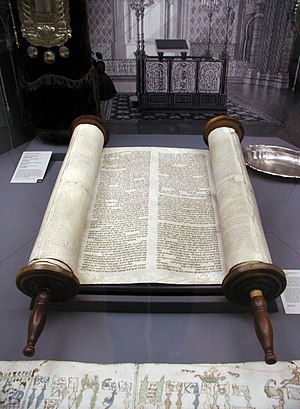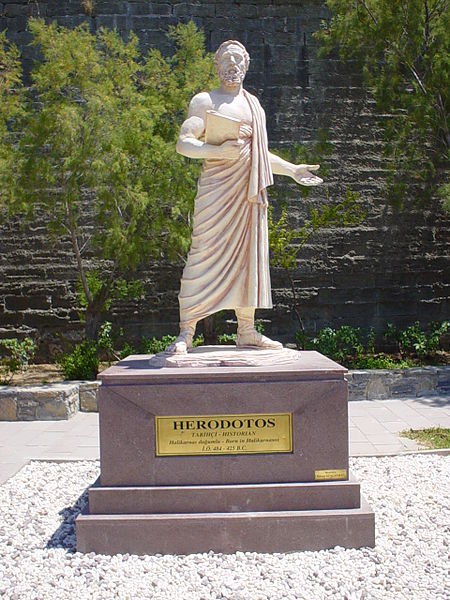
Both Herodotus‘ History and Primary History (Genesis to 2 Kings)
- are national epics
- had been divided into nine books at some time in their history
- are both about the same length
- begin with a prehistory that includes myths, fables, folk-tales, and legends that are treated as factual
- and continue in this vein until well into historical time
- consist of a basic format that changes concomitantly and abruptly under similar circumstances:
- in Herodotus’ History this happens when Persians are about to fight on the Greek mainland
- in Primary History this happens when the Sons of Israel are about to enter the Promised Land
- take on a semblance of historical narrative once the “homeland” becomes the locus of action
- — albeit one that includes miracles, marvels, and divinities who act in or at least guide history
- think of historic causation as being intimately tied to the will of the divinity
This is from the preface (p. x) to The Relationship Between Herodotus’ History and Primary History by Sara Mandell and David Noel Freedman, 1993.
There’s much more. But this is just for starters to justify my previous post’s speaking of Herodotus and the Bible’s core historical narrative in the same breath.

